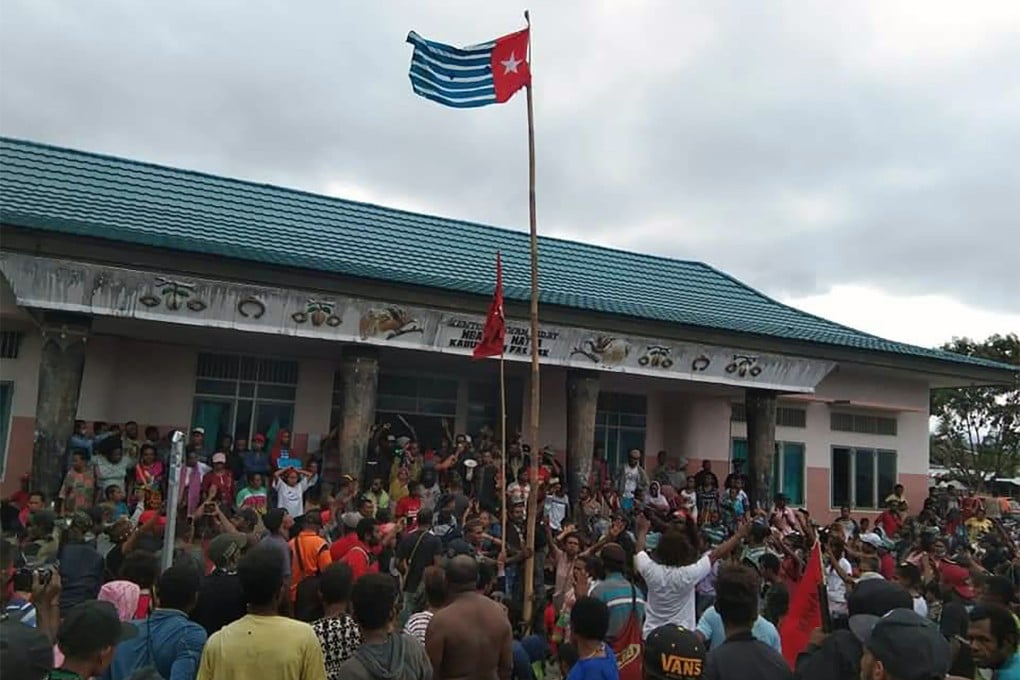Is Chinese support for Pacific nations shaping their stance on Indonesia’s West Papua?
- The island nations are unified in support of a UN investigation into human rights abuses in the province, putting pressure on Jakarta
- As China’s influence grows, Indonesia and Australia are no longer the only sources of financial support for countries in the region

Indonesia’s restive province of West Papua was gripped by violence this week as protesters clashed with police, leading Jakarta to cut internet access and send almost 1,000 additional officers to quell the unrest.
The latest demonstrations were against racist abuse suffered by West Papuan students, but a separatist movement in the region has also been simmering since 1969.
In recent years, Jakarta’s Pacific Island neighbours have become bolder in their disapproval of the government’s handling of calls for independence, recently welcoming a United Nations investigation into human rights abuses in West Papua.
In their joint communique after the forum, the leaders called for the UN visit to be finalised and a report on the situation to be provided next year. Indonesia, a dialogue partner at the forum, criticised the call, saying it created a negative precedent for interference in other countries’ domestic affairs.